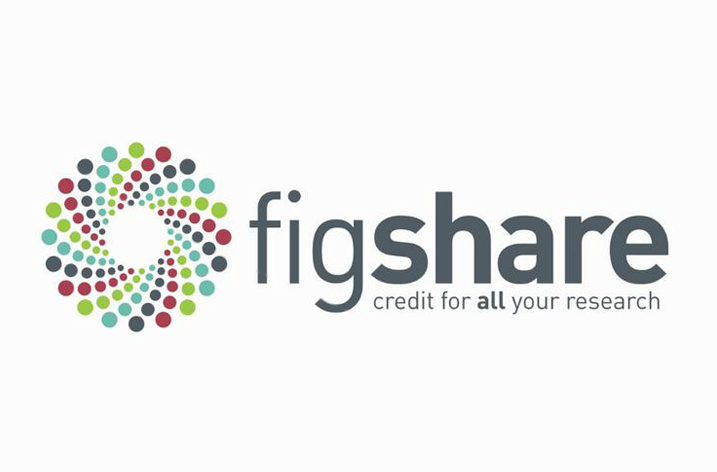
Figshare, an online digital repository for academic research, has launched Collections, which offers the research community, including publishers and funders, a “Pinterest” for academic research outputs. It enables users to gather any data types on Figshare including video, posters and code, whether public or private to give it new context.
As researchers have access to increasing volumes of data, Collections allows users to group together relevant content from within Figshare into themed “Collections”. These Collections can be publicly shared with their own URL and view counts to gauge popularity. When a Collection is published it generates a DOI (digital object identifier) to provide more stable linking. These Collections can be updated and edited by the owner at any time to include new versions of research and new research outputs.
Collections has a multitude of benefits including:
- Publishers are able group all supplementary data around a particular article
- Research Funders could collate all the research outputs linked to a particular grant code
- Institutions can bring together all data and outputs around a topic or the presentations/information from workshop or conference they have hosted
- Researchers can create personal Collections for all of the work related to a certain trending research area which is of interest to them and their collaborators
Mark Hahnel, founder of Figshare explained, “Collections has many exciting uses, to enable the management the sheer volumes and variety of types of research information available online into contextual groups which can then be shared; whilst still affording ownership and traceability to authors.”
Figshare is the first digital repository to offer this functionality. An early example of Collections in use can be seen in action at a ZikaOpen Collection by researcher and CSO at Collaborative Drug Discovery, Sean Ekins.
Watch a demonstration video here.



























